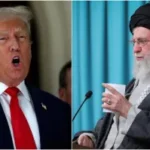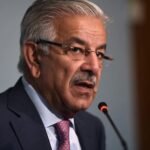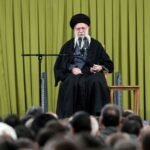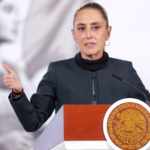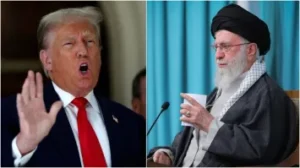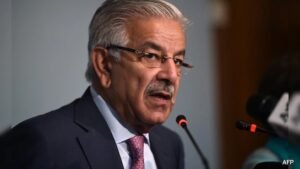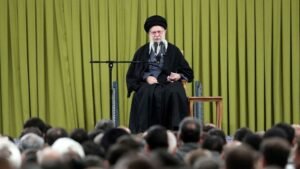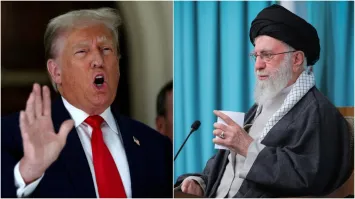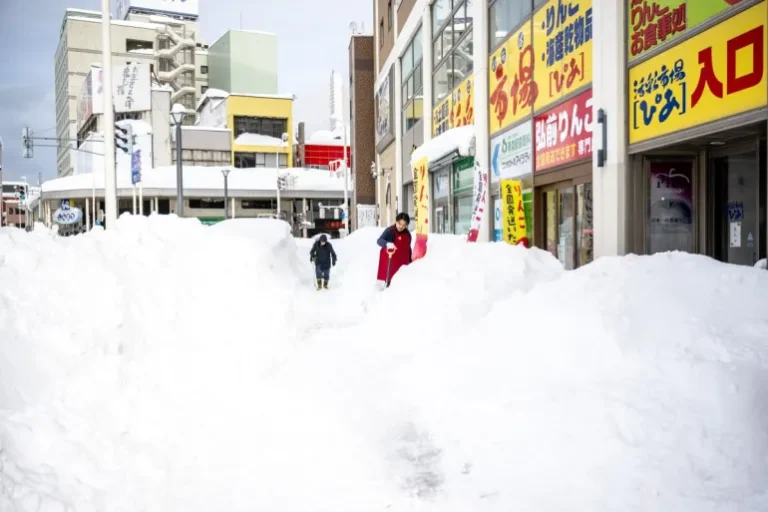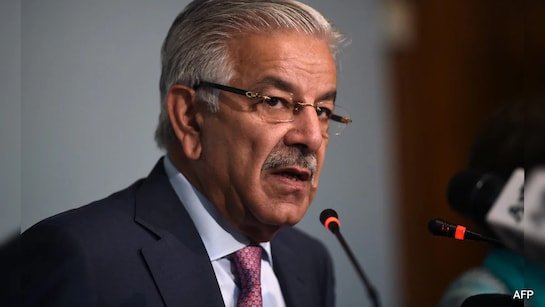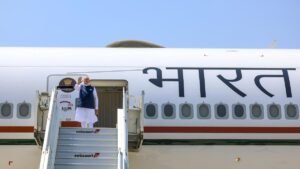Israel-Iran conflict enters day 4 amid rising death toll, strikes, and global diplomatic efforts
As the conflict between Israel and Iran stretches into its fourth day, both sides have reported mounting casualties and damage from ongoing strikes. According to the Israeli Prime Minister’s Office and media reports, eight more people were killed in Israel overnight, bringing the total Israeli death toll to 24 since Friday. Iran, meanwhile, claims that over 200 people have been killed on its side during the same period.
Iran’s foreign ministry has rejected Israel’s claims of “surgical” strikes, accusing it of targeting residential areas in Tehran and causing civilian casualties, including women and children. Iranian media, citing the Tasnim news agency, reported that a hospital in western Iran was seriously damaged in an Israeli airstrike on Monday.
Israel’s Defence Minister Israel Katz initially warned that Tehran’s civilians would “pay the price” for Iranian missile attacks but later walked back the remark, stating that Israel has no intention to harm non-combatants in Tehran.
On the military front, Israel claims it has achieved aerial superiority over Iran and has destroyed a third of Iran’s surface-to-surface missile launchers. The Israeli military also stated it struck the Quds Force headquarters in Tehran. Meanwhile, Iran executed a man convicted of spying for Israel’s Mossad, and its chief justice promised swift trials for others accused of collaborating with the Israeli state.
Iranian President Masoud Pezeshkian reiterated that while Iran does not intend to develop nuclear weapons, it will continue pursuing peaceful nuclear energy and research. The UN’s nuclear watchdog chief Rafael Grossi confirmed there was no visible damage to Iran’s nuclear sites at Natanz and Fordow following the recent Israeli attacks. However, Iran has urged the International Atomic Energy Agency (IAEA) to condemn Israel’s military strikes on its nuclear facilities during an emergency meeting on Monday.
Amid escalating tensions, diplomatic activity is intensifying. The Group of Seven (G7) leaders convened in Canada with the conflict high on their agenda. US President Donald Trump continued to express optimism about a peace deal between Israel and Iran, while other G7 leaders, including UK Prime Minister Keir Starmer and German Chancellor Friedrich Merz, pressed for urgent de-escalation, fearing the fallout could spread across the region and further strain the global economy.
Iran has appealed to Britain, France, and Germany to pressure Israel to halt its military campaign. Meanwhile, China has called for both countries to “immediately take measures to cool down the tensions.” Turkish President Recep Tayyip Erdoğan also spoke with his Iranian counterpart Pezeshkian, offering to mediate a return to nuclear negotiations and help end the conflict.
Elsewhere, Israel deported the last three activists from a flotilla that had attempted to reach Gaza, while European countries including Germany and the UK began evacuating their citizens from Israel. Germany is using chartered flights via Amman, Jordan, and the UK has set up a registration system for its nationals.
The situation remains volatile, with no sign of a ceasefire, even as international actors ramp up efforts to mediate a resolution and prevent further escalation.
